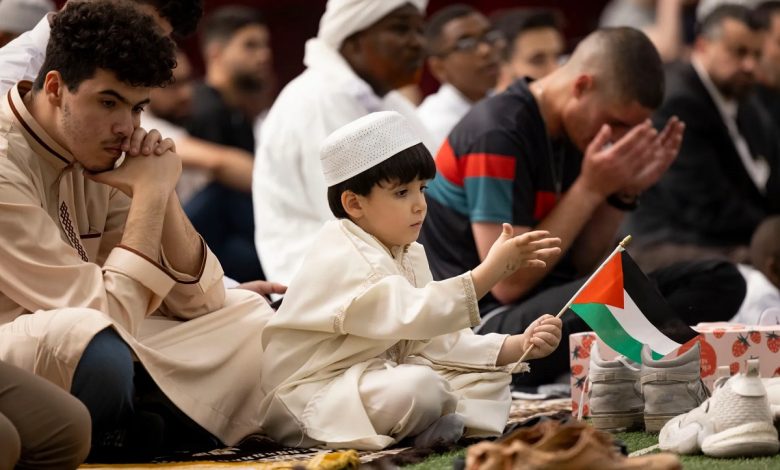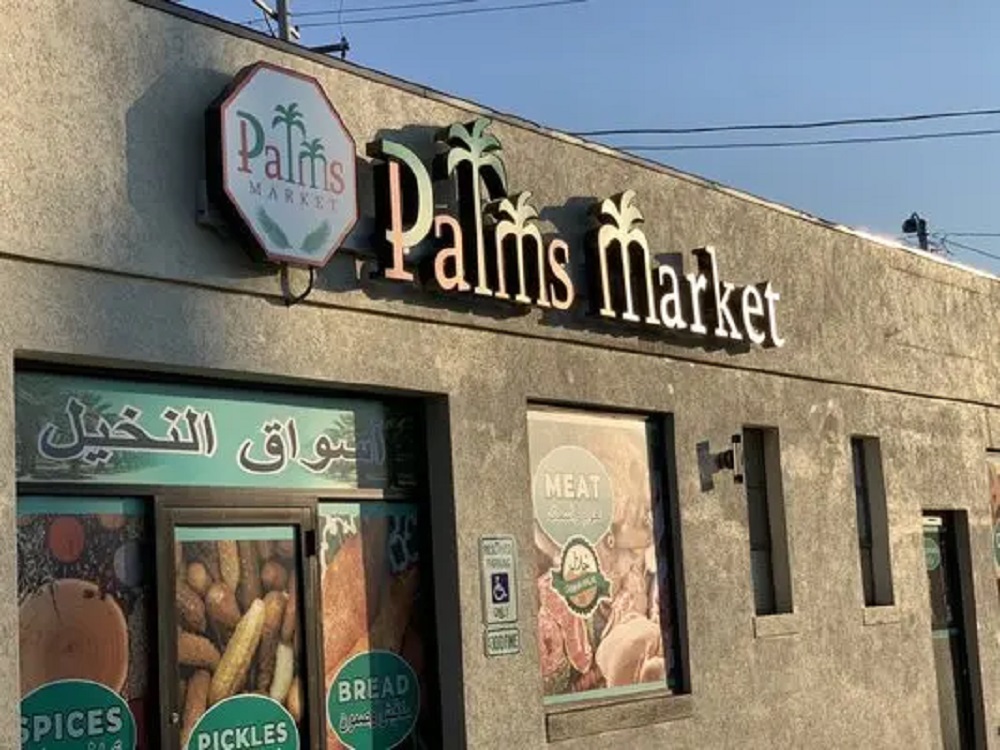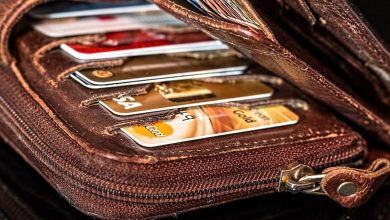Muslims in Chicago: Economic Challenges, Living Costs, and Declining Purchasing Power
A deep analysis of how rising costs, income disparities, and housing pressures affect Chicago’s diverse Muslim community.

Chicago is home to one of the largest and most diverse Muslim communities in the United States. Arab, South Asian, African American, Bosnian, West African, and Southeast Asian Muslims all contribute to a mosaic of cultures, traditions, and economic realities. While many Muslim families thrive professionally and socially, a considerable portion faces ongoing economic pressures shaped by income inequality, rising living costs, housing struggles, and shifting market conditions.
Understanding these challenges is essential to grasping how Muslims in Chicago navigate daily life, especially in neighborhoods with dense Muslim populations such as Bridgeview, Orland Park, Rogers Park, Devon Avenue (West Ridge), Albany Park, and parts of the South Side.
1. Rising Living Costs and Inflation Pressures
Chicago’s cost of living has risen significantly in recent years. Many Muslim families—especially recent immigrants and refugees from Syria, Iraq, Yemen, Palestine, Somalia, and South Asia—struggle to keep up with higher prices in essentials such as:
-
Rent and property taxes
-
Food and groceries
-
Transportation and fuel
-
Health care and insurance
-
Utilities and winter heating
For working-class and low-income Muslim households, the rise in prices has directly impacted purchasing power. Families are increasingly forced to make trade-offs, cutting back on non-essential spending, delaying major purchases, or relying more heavily on community support networks.
Halal groceries—an essential expenditure—have seen noticeable price hikes. Many families report that weekly food bills have increased by 20–40% in the past two years.

2. Housing Pressures and Affordability
Chicago’s housing market presents some of the biggest challenges for Muslim residents. In areas with growing Muslim populations, rental prices continue to climb, while homeownership becomes harder to achieve due to:
-
High mortgage rates
-
Rising property taxes in Cook County
-
Limited availability of affordable single-family homes
-
Inflation affecting construction and renovation costs
Neighborhoods like Bridgeview (often called “Little Palestine”) and Orland Park attract many Muslim families due to strong community presence, mosques, and cultural familiarity. However, the demand has driven prices upward. New arrivals—especially refugees—are often pushed into more affordable neighborhoods with fewer community resources and weaker support networks.
3. Income Inequality and Employment Barriers
The Muslim community in Chicago is economically diverse. While some Muslims occupy high-income professions such as medicine, engineering, business, law, and IT, others work in lower-wage sectors including:
-
Ride-share and delivery services
-
Factories and logistics warehouses
-
Retail and convenience stores
-
Halal butchers and restaurants
-
Caregiving and service jobs
-
Small-scale entrepreneurship
New immigrants often face additional employment barriers:
-
Language limitations
-
Non-recognition of foreign degrees
-
Lack of professional networks
-
Discrimination and Islamophobia in hiring
-
Transportation challenges in getting to job sites
-
Financial instability during the first years of settlement
These factors create significant gaps in earnings and long-term financial stability.
4. Refugee Communities and Economic Vulnerability
Chicago has welcomed refugees from Syria, Iraq, Afghanistan, Somalia, and Sudan. While community organizations and masajid provide food assistance, rental support, job training, and ESL programs, many refugee families still struggle with:
-
High rental burdens
-
Insecure jobs
-
Limited savings
-
Delayed upward mobility
-
High health care costs
-
Food and transportation insecurity
Children often integrate faster through schools, but adult refugees may require years to achieve financial stability, especially when arriving without savings.

5. Purchasing Power and Daily Financial Realities
The purchasing power of many Muslim families in Chicago has declined due to:
-
Wage stagnation in low-income sectors
-
Inflation in food and fuel
-
Winter heating costs
-
Health insurance premiums
-
The burden of supporting extended families overseas (remittances)
Many households rely on:
-
Community zakat and sadaqa
-
Local food pantries run by mosques
-
Islamic charities supporting rent and utility assistance
-
Informal lending within families and social circles
At the same time, middle- and upper-income Muslim families face their own challenges, including rising tuition costs, childcare expenses, and pressure to maintain dual incomes.
6. Community Strengths and Coping Strategies
Despite financial challenges, Chicago’s Muslim community demonstrates strong adaptive capacity through:
-
Vibrant mosque networks (Bridgeview Mosque, MCC, Orland Park Prayer Center, etc.)
-
Food banks and halal meal programs
-
Affordable Islamic schools and weekend programs
-
Advocacy organizations addressing discrimination and employment barriers
-
Mutual support networks among immigrant families
These structures help reduce hardship, although systemic economic issues persist.



